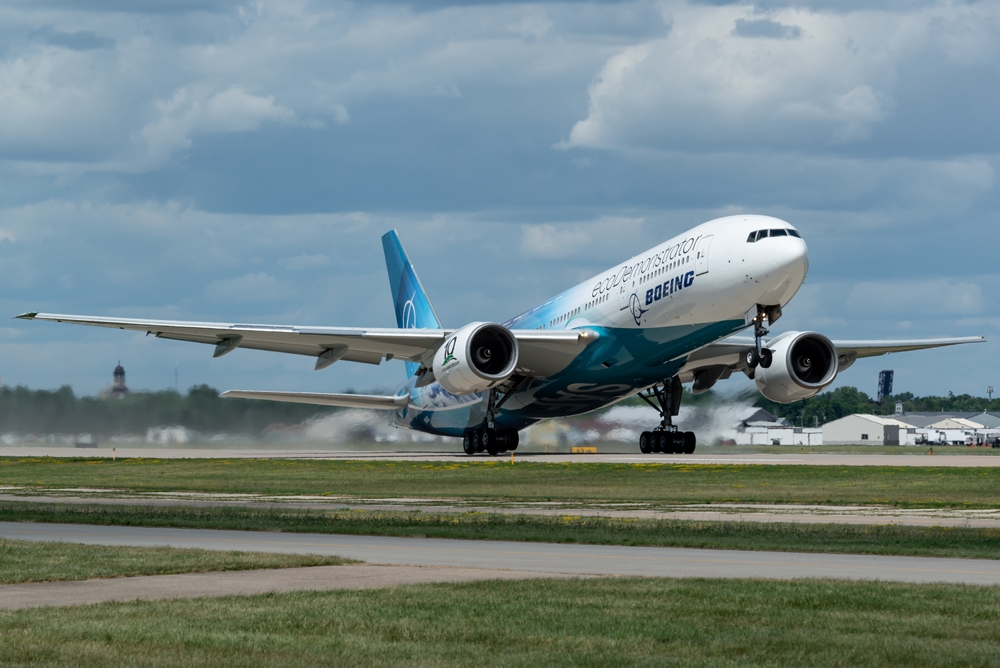Heathrow airport has warned that the UK risks slipping behind Europe and the US in the development of sustainable aviation fuel (SAF) if the government does not take action.
The warning comes as Heathrow announces plans to triple its usage of greener aviation fuel at the airport this year, following the launch of its Sustainable Aviation Fuel incentive scheme in 2022.
The incentive scheme covers up to 50 per cent of the extra cost of SAF in order to make the fuel more affordable for airlines. Participants of the scheme include IAG (parent company of Aer Lingus, British Airways, Iberia, Vueling and LEVEL), Virgin Atlantic, United Airlines, Air France, KLM and JetBlue.
As a result of last year’s scheme being oversubscribed, the airport intends to raise the percentage of SAF usage to approximately 1.5 per cent this year and reach 11 per cent by 2030. This year alone the SAF incentive is expected to save over 81,000 tonnes of CO2.
Nonetheless, the airport recognises that the sector could “cut carbon faster” with greater government support. As it stands, there is a short supply of SAF due to challenges such as high costs and low production volumes, with few airlines able to access it at “commercially viable rates” according to the airport.
While there is “appetite to invest”, Heathrow explained that mechanisms such as the Inflation Reduction Act in the US, which includes a tax credit scheme to attract investors to America, will lead the UK to miss out on investment.
The airport is therefore calling on the UK government to create a support mechanism which would help to cut the difference in price between SAF and fossil fuel.
Heathrow CEO John Holland-Kaye said: “Sustainable aviation fuel is not just about protecting the benefits of aviation in a net zero world – it’s about economic opportunity, creating jobs here in the UK and securing the country’s future energy supplies.
“Heathrow has led the way on decarbonising aviation by incentivising airlines to use SAF, and Team Heathrow is now probably the biggest user of SAF in the world. But it is currently all imported. If Britain really wants to compete with the scale of ambition and the credible action seen from the US and Europe, supportive Government policy is needed and it is needed now.”
Last July the government announced plans to introduce a 10 per cent mandate for SAF use by 2030.
The government has also committed to have at least five commercial-scale SAF plants under construction in the UK by 2025.


